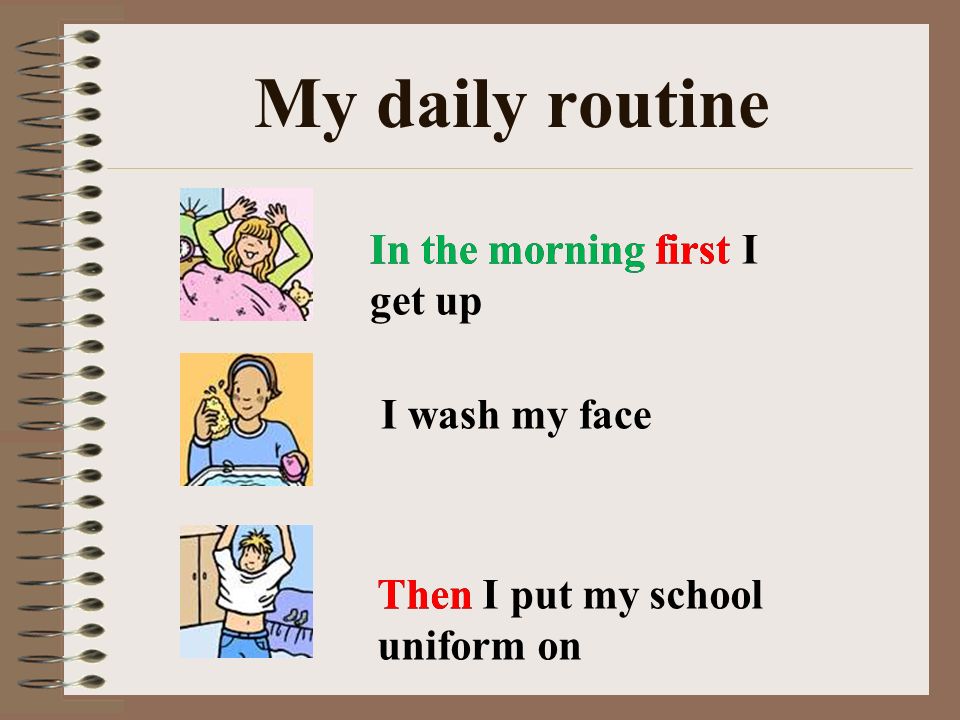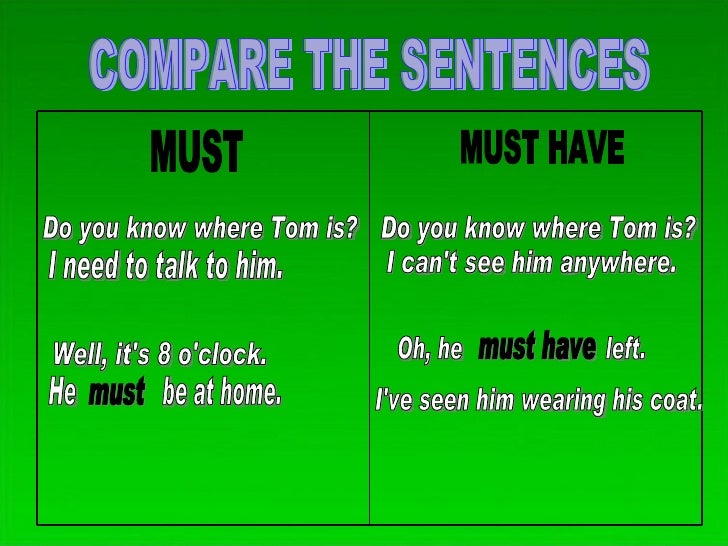17 Dec 2018
27 Nov 2018
21 Nov 2018
8 Nov 2018
Listening and Writing: Daily Routines (The British Council)
1 - Listen to an interview with a swimmer (The British Council) twice. Do the interactive exercises and download the transcript. After reading the transcript, write a paragraph with the title Dan’s typical day.
2 - Write about your typical day. Use frequency adverbs.
16 Oct 2018
14 Oct 2018
24 Sept 2018
COUNTRIES AND NATIONALITIES
List of countries and
nationalities in English
COUNTRY
|
ADJECTIVE
|
NOUN (Person)
|
Africa
|
African
|
an African
|
America
|
American
|
an American
|
Argentina
|
Argentinian
|
an Argentinian
|
Austria
|
Austrian
|
an Austrian
|
Autralia
|
Australian
|
an Australian
|
Belgium
|
Belgian
|
a Belgian
|
Brazil
|
Brazilian
|
a Brazilian
|
Britain
|
British
|
a
Briton/Britisher
|
China
|
Chinese
|
a Chinese
|
Colombia
|
Colombian
|
a Colombian
|
Denmark
|
Danish
|
a Dane
|
England
|
English
|
an Englishman /
Englishwoman
|
Finland
|
Finnish
|
a Finn
|
France
|
French
|
a Frenchman /
Frenchwoman
|
Germany
|
German
|
a German
|
Greece
|
Greek
|
a Greek
|
Holland
|
Dutch
|
a Dutchman /
Dutchwoman
|
Ireland
|
Irish
|
an Irishman /
Irishwoman
|
Italy
|
Italian
|
an Italian
|
Japan
|
Japanese
|
a Japanese
|
Mexico
|
Mexican
|
a Mexican
|
Morocco
|
Moroccan
|
a Moroccan
|
Norway
|
Norwegian
|
a Norwegian
|
Poland
|
Polish
|
a Pole
|
Portugal
|
Portuguese
|
a Portuguese
|
Rumania
|
Rumanian
|
a Rumanian
|
Russia
|
Russian
|
a Russian
|
Scotland
|
Scottish
|
a Scot
|
Spain
|
Spanish
|
a Spanish
|
Sweden
|
Swedish
|
a Swede
|
Switzerland
|
Swiss
|
a Swiss
|
Thailand
|
Thai
|
a Thai
|
The USA
|
American
|
an American
|
Tunisia
|
Tunisian
|
a Tunisian
|
Turkey
|
Turkish
|
a Turk
|
Vietnam
|
Vietnamese
|
a Vietnamese
|
Wales
|
Welsh
|
a Welshman /
Welshwoman
|
Yugoslavia
|
Yugoslav
|
a Yugoslav
|
Quiz 2
11 Jun 2018
22 May 2018
10 Apr 2018
3 Apr 2018
2 Apr 2018
1 Apr 2018
14 Mar 2018
PI DAY
The number of digits in each word of this poem correspond to the digits of PI:
Now I, even I, would celebrate in rhymes inept,the great immortal Syracusan rivall'd nevermorewho in his wondrous lore passed on beforeleft men his guidance how to circles mensurate.
The number π (/paɪ/) is a mathematical constant. Originally defined as the ratio of a circle's circumference to its diameter, it now has various equivalent definitions and appears in many formulas in all areas of mathematics and physics. It is approximately equal to 3.14159.
Pi Day
Pi may be infinite, but Pi Day is not. Celebrate Pi Day on March 14 in recognition of its common abbreviation, 3.14. Double the fun and make it a party for Albert Einstein, whose birthday is also on March 14.
13 Mar 2018
26 Feb 2018
12 Feb 2018
7 Feb 2018
17 Jan 2018
16 Jan 2018
9 Jan 2018
Subscribe to:
Comments (Atom)









